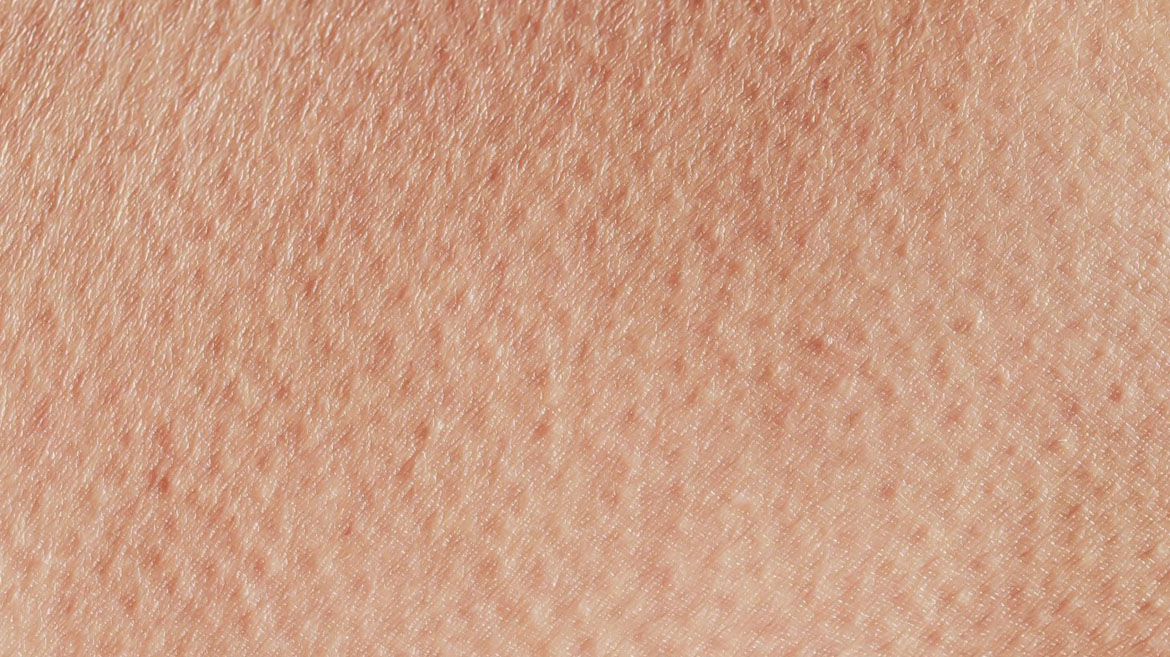Our Take on Healthy Skin Month
Posted by Skinsider Team on 14th Nov 2020
November is a Healthy Skin Month, and we want to use this opportunity to share with you some of the skin facts. Why? It is all about knowledge and a safe approach to skincare which makes all the difference. Some of the skin facts are helping in understanding your body and also may help to change your habits.
Here are some of our favourite skin facts:
Skin Facts
- The average adult has approximately 16 – 22 square feet of skin.
- Skin accounts for 12%~15% of your body weight.

Structure of the skin
- The skin serves as a protective barrier that helps to keep water in the body and harmful chemicals.
- The skin has three layers: epidermis, dermis, and subcutis.
- A baby develops its permanent skin tone within a 6-month period
- The thickness of the skin varies between different parts of the body. Skin is thickest on the palms and soles and thinnest on the eyelids. The thinnest skin on the human body is around the eyes and the eyelids and is only 0.2 millimeters thick. Special eye care can help keep this skin firmer and smoother.
- Your skin is home to millions of bacteria, from over 1,000 different species.

Skin renewal
- A large part of the dust in your home is actually made up of dead skin cells. The skin completely renews itself every 28~30 days by shedding dead cells. Skin sheds around 30,000 to 40,000 cells per minute.
- You can improve your skin renewal with effective but gentle on the skin exfoliators.
- Skin that is exposed to repeated friction or pressure can become thicker, forming a callus.
- Skin that is damaged can heal itself by forming a scar. Unlike normal skin, scar tissue lacks hair and sweat glands. To tackle scarring and pigmentation check our carefully curated skincare.

Skin reacts
- There are different types of receptors and nerve endings in the skin. They respond to pressure, pain, and temperature.
- The skin on your lips is 200 times more responsive than your fingertips.
- Using hot water does not open up your pores. Pores are not temperature-sensitive. Hot water can make the outer layers of skin swell. When you wash your face, we recommend you use lukewarm water. Check our skin-friendly cleansers.
- Acne is one of the most common skin conditions. 85% of the population will experience acne at least once in their life.
- You can start using anti-ageing products, particularly those with antioxidants, as early as age 21. At the same time, it is important you use anti-ageing products that are appropriate for your skin type. Potent active ingredients such as retinol can be added to your regimen in your mid to late 20s.
- Cellulite doesn’t just affect people who are overweight. Exercising reduces cellulite, but you can only improve the appearance of it.
These are just a few of the many skin facts we wanted to share with you.

